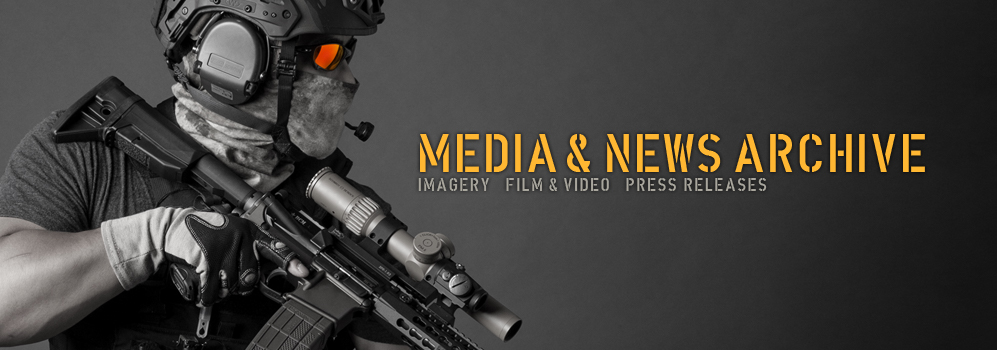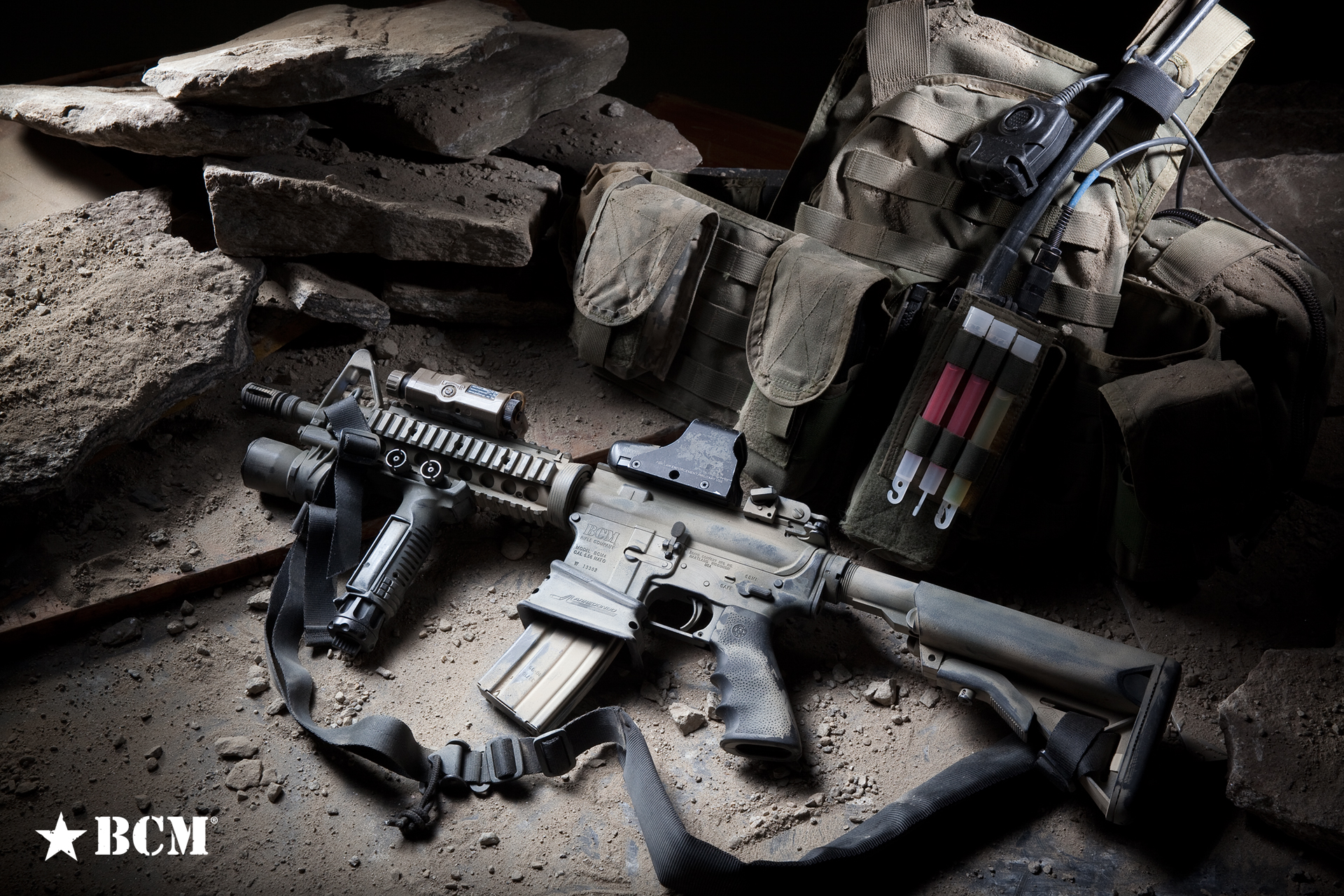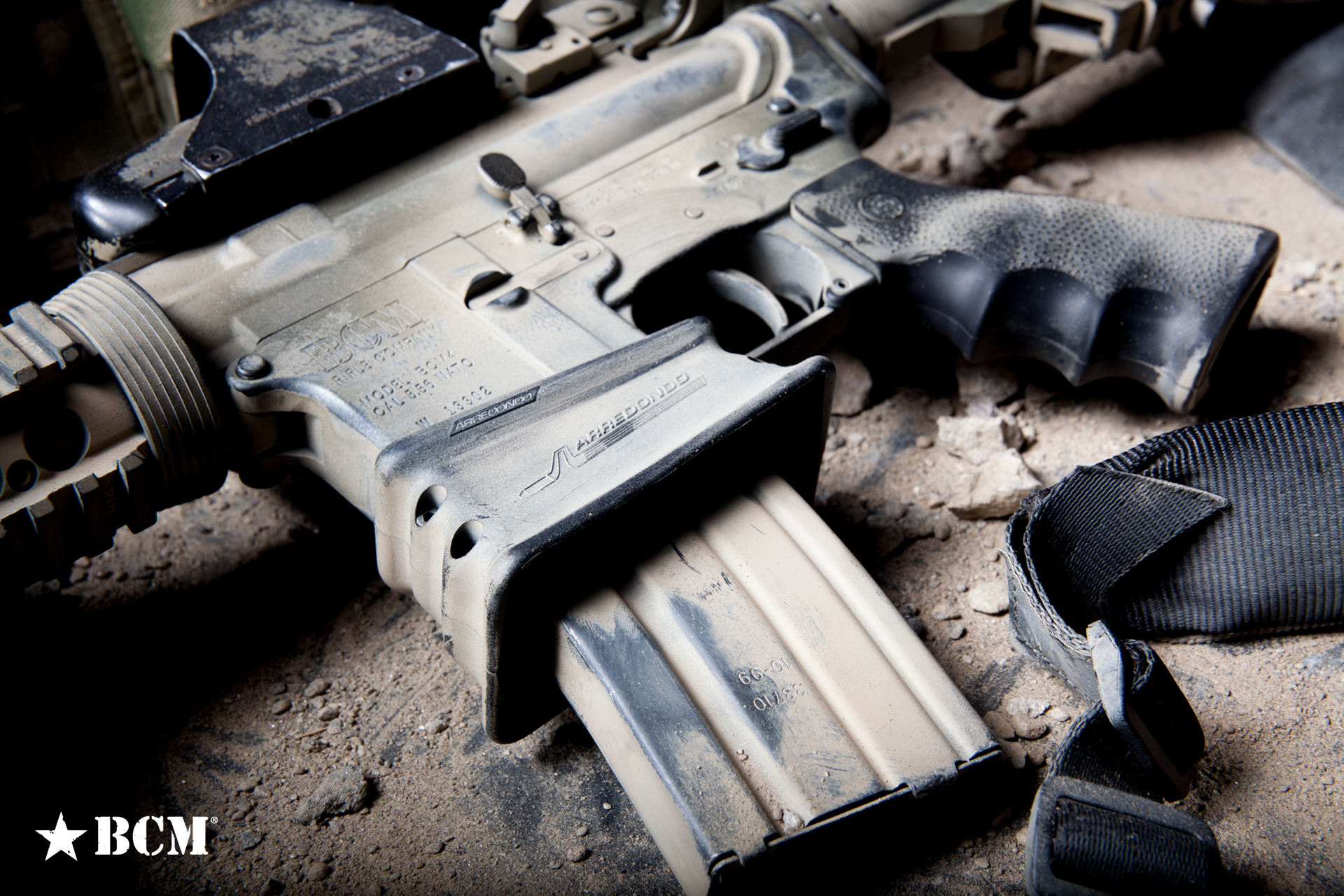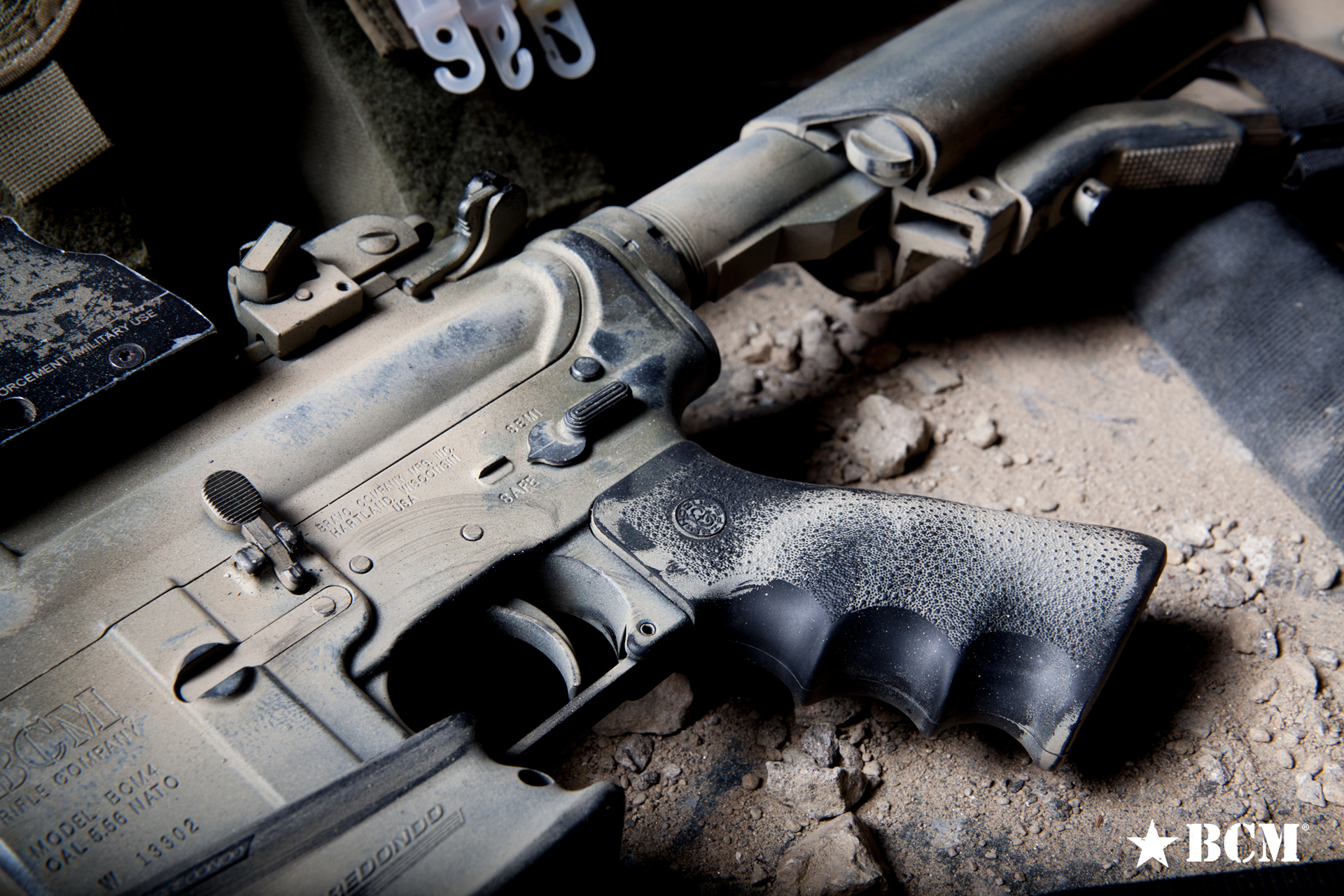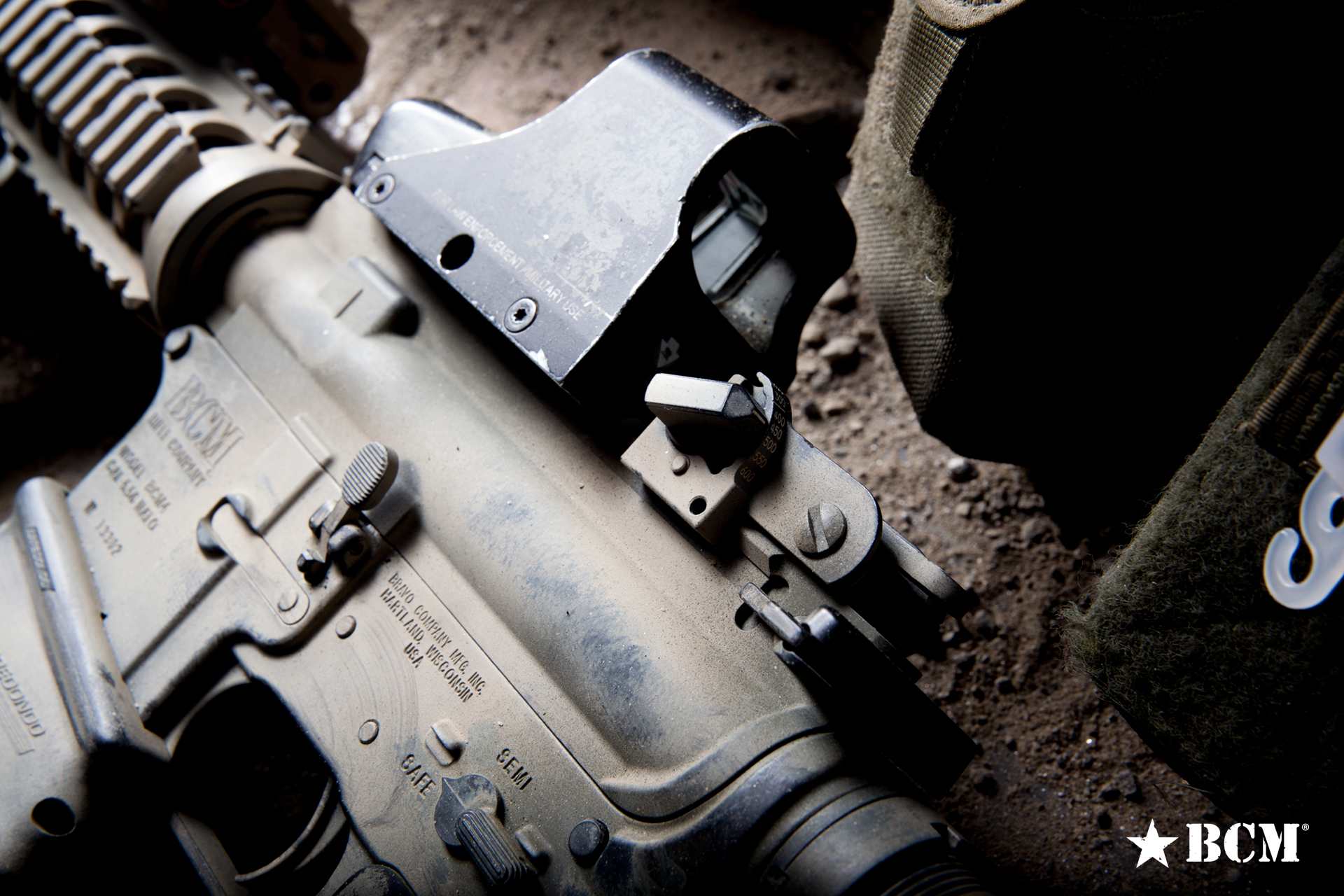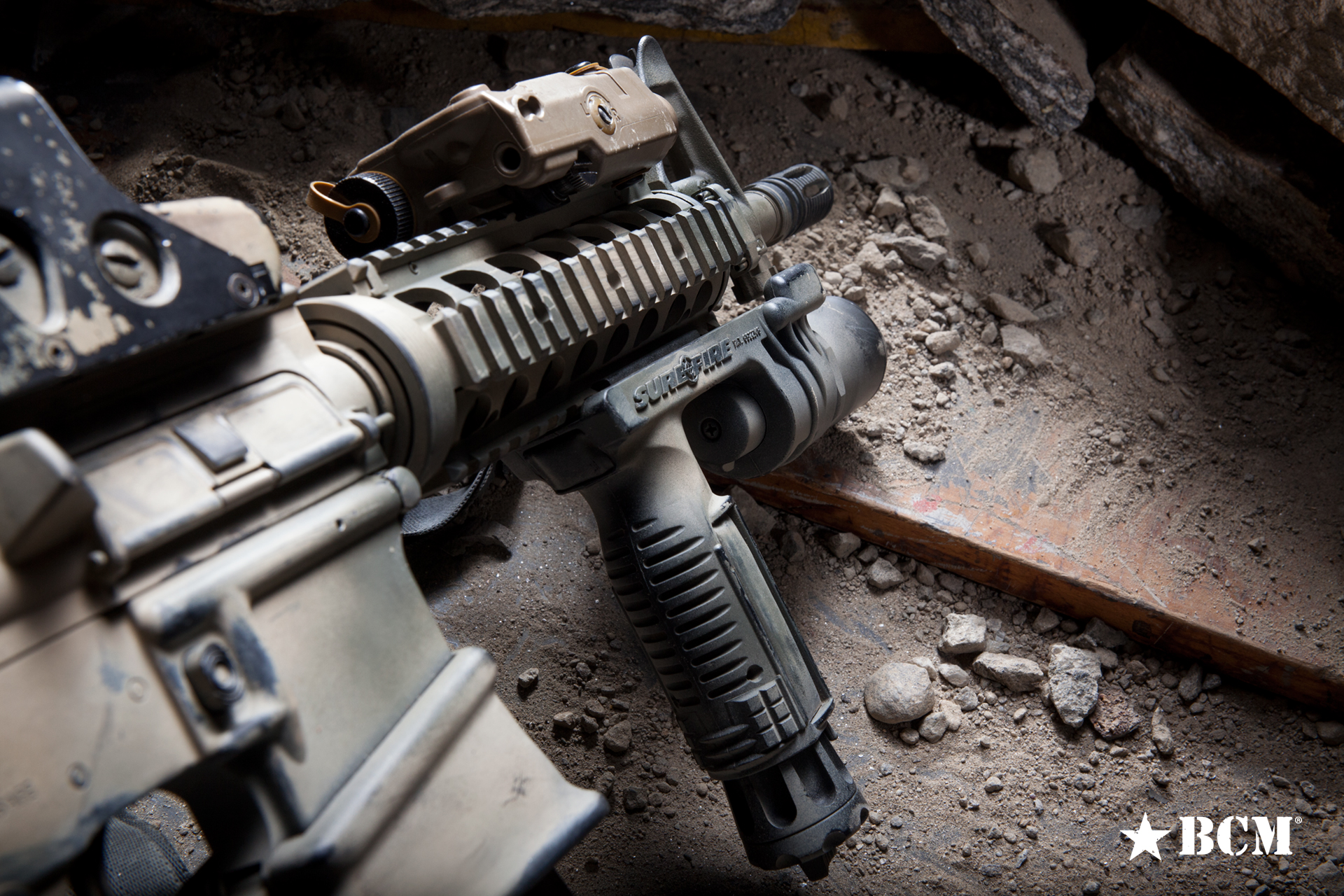A common misconception is that all Special Operations guys are gun gurus: that they are students of caliber, ballistics, barrel length, gas systems, etc. The reality is quite different. As an 18 Bravo(US Army Special Forces Weapon Sergeant), of course I had to possess the skills to effectively employ my personal weapon systems (carbines, pistols and crew served) in combat as well as the ability to maintain and repair them.
But that is maybe, 5% of the job.
Just as important were the skills needed to lay mortars, be familiar with foreign weapon systems used by indigenous allied and enemy forces, conduct helicopter and airborne operations, perform tactical combat casualty care, use communications systems to call for medevac or close air support, plan actions on an objective, employ small unit tactics under fire, be proficient in hand-to-hand combat, speak a foreign language, maintain a high level of physical fitness and drive everything from cars and HMMWVs to off road vehicles, to name a few.
Over time, those who were personally interested in any of those topics had a great laboratory to work in. So when I look back at how I ran my kit, I see it was driven by considerations for many tasks, but above everything, my combat set-up was most influenced by my time as an athlete.
I spent a good part of my life playing football, from Pop Warner to high school and ultimately college ball. Everything from diet, to work outs to hobbies was driven by becoming bigger, stronger and faster than the day before. In the game, speed kills. If you can see the field and understand the game, you can put yourself in the right space, at the right time, with total control of your body, to deliver a devastating hit to your opponent.
I saw it no differently in combat.
Where the battlespace diverges from a playing field, is that the environment is not set. It can be an interior, where you are moving to a point of domination, or a killing field, where rapid maneuver allows you to destroy the enemy. This makes being quicker on the uptake in assessing the battlespace and finding those sweet spots vital because, in the end, it all comes down to fire superiority and flanking. When I set up my kit and my weapon systems, it was driven by what was going to make me as fast as possible at that fundamental principle of combat.
My unit was tasked with a Direct Action mission. The vast majority of our infils were conducted with vehicles. The targets were almost always compounds. That meant that our realistic threats were typically within a 100 meter radius. It also meant we were never more than 200 meters from our gun trucks with crew served weapons (.50 cals and MK19 grenade launchers).
We started with 14.5″ SOPMOD M4s. As issued, an M4 carbine is expected to deliver a sub three inch group at 100 yards with issued ammunition(62-grain Green Tip). It was a light, reliable and, at sub three minutes at 100 yards, delivered a reasonable degree of accuracy. Was it possible to shoot these weapon systems and get sub one inch groups at 100 yards? Absolutely. But it is a combination of skill, ammunition and platform that delivers that capability.
Given that our mission set rarely required we engage with our M4’s out past a 150 meter radius, when we received MK18 upper receivers many, including myself, switched to the more compact and maneuverable platform. With the issued ammunition and our skills, it matched the accuracy of the SOPMOD and was faster in the tight spaces we encountered on all of our missions.
Given that we ran a large number of missions at night, every carbine had a PEQ-15 on it allowing for accurate shooting out to 200 meters with our night vision goggles. I personally went with a rubberized Hogue AR pistol grip, because it was far more “grippy” especially when using gloves. I also used a Surefire M900A as it gave me a vertical grip, a pressure pad and a weapon light in one package. I ran a Arredondo Oversized Mag Well to give me a slight edge on speed reloads and finally, I topped it off with an EOTech 511 because not only was it the fastest combat proven weapon optic for our mission, but it was compact and allowed for more rail to mount the PEQ and rear iron sight.
That carbine was built around my mission. It performed it exactly how I needed it to. When I was putting together this article I had to look back through old emails to see what half of the items were even called, but each component either helped me go faster or made my task of shooting easier and was reliable enough to let me focus on the big picture.
In the end, that is the ultimate goal of any piece of kit.
JD Potynsky
Northern Red
